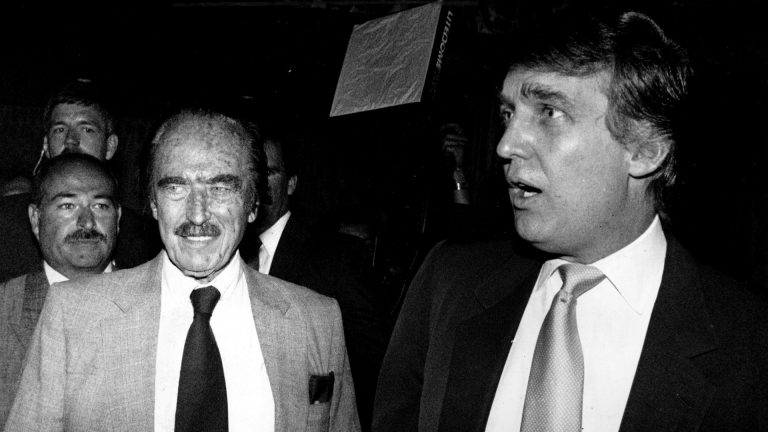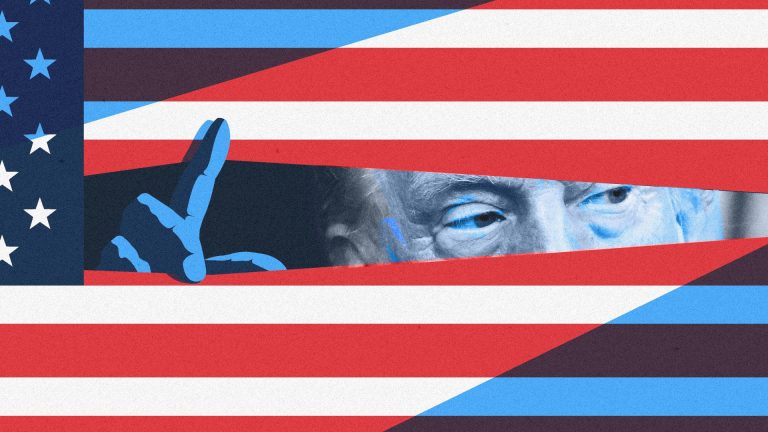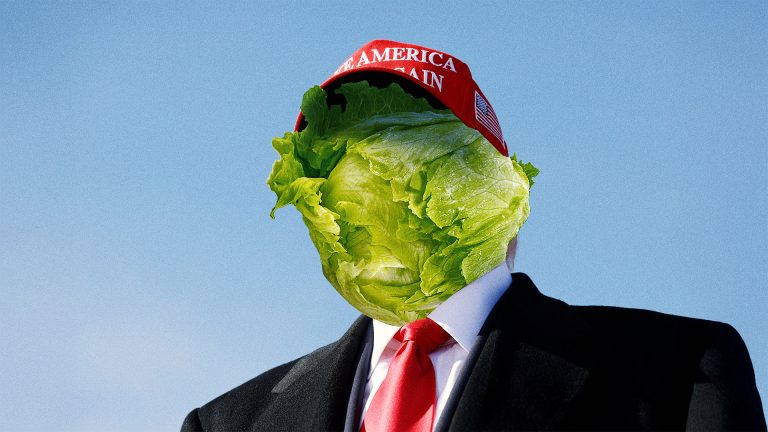Rishi Sunak dodged a bullet earlier this month when a move by the Conservative right against his Rwanda bill collapsed, apparently on the intervention of Jacob Rees-Mogg, Iain Duncan Smith and John Redwood. This trio of Brexiteers has been dubbed the “three wise men”, suggesting that not only do the Tories need a new leader and a new direction, they could also do with a new dictionary containing a proper definition of “wise”.
But peace never lasts long in the rats-in-a-sack party and dissent has broken out once again, unsurprisingly with Europe and Brexit as its heart. This time, the squabble is over suggestions that Sunak has “offered to sacrifice some of Britain’s Brexit freedoms in a bid to re-establish devolved government in Northern Ireland”, as the Daily Telegraph reported on Wednesday. The theory is that by promising no extra trade barriers in the Irish Sea, the prime minister will be able to persuade the Democratic Unionist Party (DUP) to end its two-year boycott of Stormont, the Northern Irish parliament.
There’s a credibility issue for the DUP to ponder here – it’s a mere three years and six months since Boris Johnson promised “there will be no (trade) border down the Irish Sea – over my dead body”. But by and large, Sunak’s is a sensible proposal, which explains why the Five Families and Three Wise Men (and, for all we know, Four Non-Blondes and 10,000 Maniacs) are dead against it.
Putting up no new trade barriers would effectively mean Britain tying itself to EU standards governing products sold in the bloc. This is good news for British exporters – alignment means our farmers and manufacturers can keep accessing their biggest and closest market without additional drama. There would be no need to produce different products for different markets and no need for Britain to set up its own set of rules and regulations, creating additional bureaucracy and costs that would be passed on to exporters.
Yet the hardcore Brexiteers think different. In their view – shared by few in farming or manufacturing – “diverging” by lowering the standards under which British food and other products are produced will pay dividends. They claim, for instance, that more farmers are keen to grow and sell gene-edited crops – those in England can already do so – but since these cannot be sold on to Europe or Africa, is this “Brexit freedom” really going to amount to much? The farming giants of the USA and Australia have their own markets sewn up.
Two of the three wise men are furious at what, predictably, is being portrayed as a Brexit betrayal. Rees-Mogg harrumphed: “This means we will not diverge at all, and we will have ended up with Theresa May’s Chequers deal in all but name.” Duncan Smith called the plan “a real problem”. Redwood was presumably off in a corner somewhere, being wise.
Despite their claims to be owed one for Rwanda, you suspect that the prime minister will not be too worried by the latest grumblings of these yesterday men and perpetual cavers-in. What will send a shiver down his spine is what Kemi Badenoch, now the standard bearer of the Tory right, said in the Commons on Wednesday.
The trade secretary said that it was important that “we retain the ability to diverge” and added that “if we are really to seize the benefits of Brexit we need to find that comparative advantage in our regulations with the EU, otherwise there would be no point.” In that final sentence, she not only put Sunak on notice but revealed an uncomfortable truth about leaving the EU: Since divergence causes far more downside than upside, there really was no point to Brexit.











